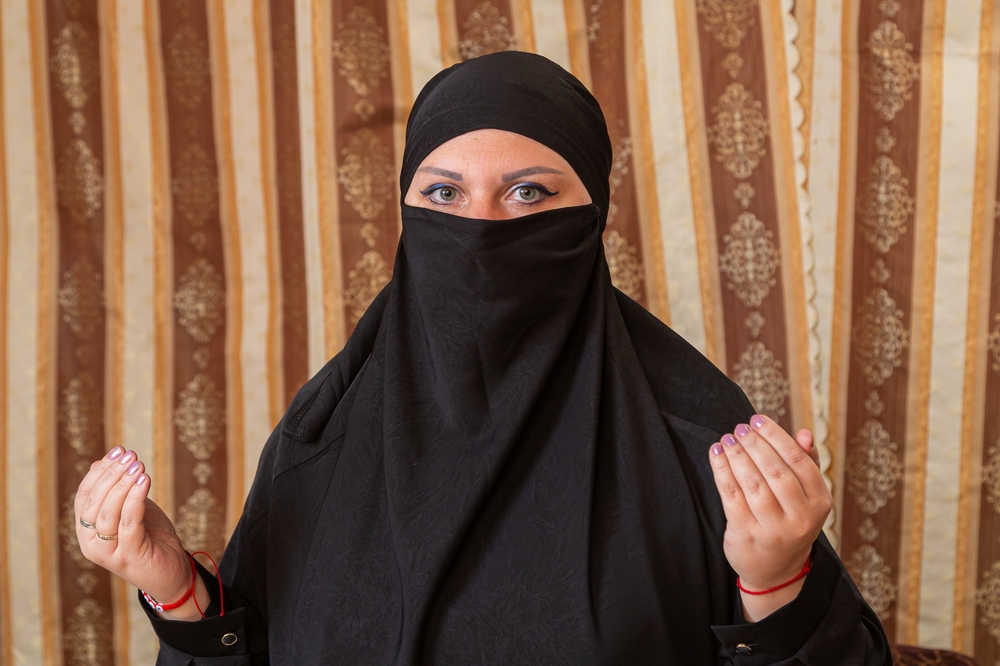This new law targets full face coverings, including traditional religious garments.
Others are reading now
Starting January 1, 2025, Switzerland will enforce a full ban on face coverings in public spaces across the country.
Targets Full Face Coverings
Approved through a referendum in March 2021 by a narrow margin of 51.2% of Swiss voters, this new law targets full face coverings, including traditional religious garments such as the burqa and niqab.
The Federal Law on Face Covering Prohibition will incorporate this ban, which aims to limit face coverings in public to enhance identification and visibility in public spaces, according to Digi24.
Violating this ban will result in a fine. Minor violations will be managed through an administrative fine of 100 Swiss francs (CHF), which can be paid directly at the location.
Also read
For those refusing the administrative fine, authorities can escalate the penalty up to 1,000 CHF, processed through a standard legal procedure. This dual fine structure seeks to minimize bureaucracy while ensuring compliance.
Needs Prior Authorization
There are exemptions for certain spaces and circumstances. The face-covering ban does not apply to diplomatic or consular spaces, nor does it extend to airplanes.
Places of worship and other sacred spaces are also exempt, allowing for religious practices within these designated areas. Additionally, face coverings will still be allowed for health, safety, or weather-related reasons, such as medical masks or winter gear.
The law also makes allowances for Swiss cultural customs and artistic events. Face coverings will be allowed for performances, entertainment, and specific advertisements.
In some instances, face coverings may be used in public gatherings, provided they have received prior authorization and do not compromise public order or safety.
This law, which follows similar regulations already in place in France, Belgium, and the Netherlands, has stirred considerable debate.
Proponents argue that the ban aligns with Swiss values of transparency and openness, helping to ensure clearer identification in public and to promote social integration.
Opponents, however, view it as a restriction on personal and religious freedom, particularly targeting Muslim communities.
In 2021, the proposal, commonly referred to as the “anti-burqa initiative,” faced substantial criticism as discriminatory, with some arguing it infringes on individuals’ rights to choose how they present themselves in public.
However, the law received majority support, reflecting concerns over integration and security.


